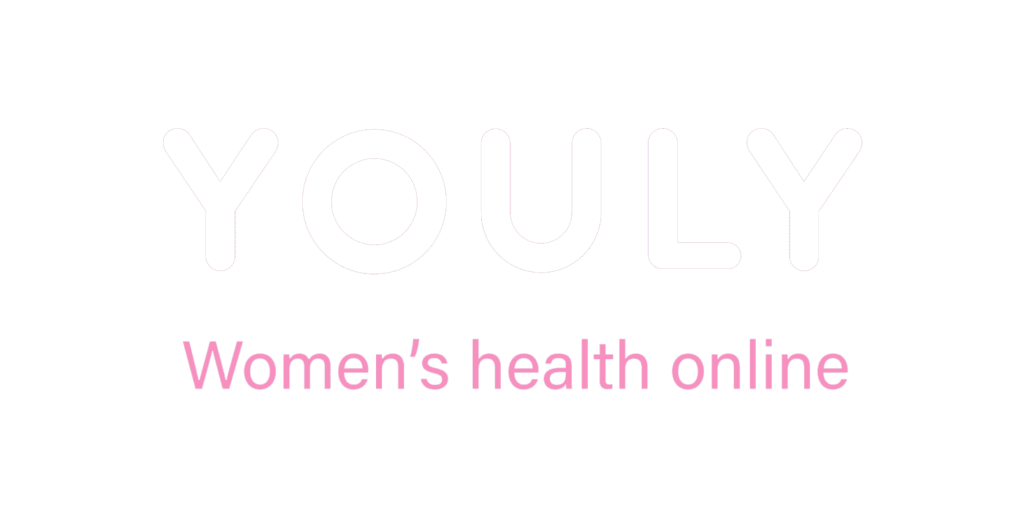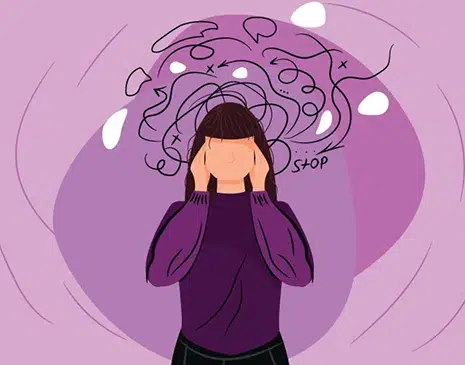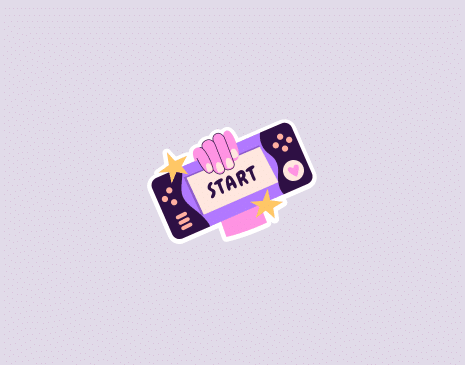Living with anxiety isn’t easy. Along with symptoms of hyperventilation, nausea, heart palpitations, breathlessness and chest pain, the unpredictability of when anxiety is going to show its face in the form of an attack can be disabling. More than just regular panic, worry or nervousness, anxiety attacks can be so severe they can cause hospitalisation in extreme cases. So, what is an anxiety attack? What are the symptoms of an anxiety attack? And how do you prevent an anxiety attack?
What is an anxiety attack?
Defined as a sudden and intense episode of fear and anxiety, anxiety attacks can occur unexpectedly for no apparent reason, or they can be linked to specific triggers. Due to the flight or fight response, the degree of anxiety experienced during an anxiety attack is on par with a dangerous experience, so they can be extremely frightening for individuals who suffer from them.
What are the symptoms of an anxiety attack?
Anxiety attacks are charaterised by:
- Feelings of overwhelm
- Feeling like you’ve lost control
- Feelings of danger or threat
- Dizziness or light-headedness
- Heart palpitations
- Trembling
- Sweating
- Shortness of breath
- Chest pain
- Weakness
- Pins and needles
- Hot and cold flushes
- Numbing sensations
- An urgency to escape or flea a situation
These anxiety attack symptoms can be accompanied by:
- Choking sensation in the throat
- Derealisation, feeling like you’re detached from reality
- Emotional distress or upset
- Inability to calm down
- Knots in the stomach
- Nausea
- Butterflies in stomach
- Vomiting
- Crying
You may experience one, several or all of these symptoms. Just because you’re only experiencing a few symptoms does not mean you aren’t experiencing an anxiety attack. There are varying degrees of severity and symptoms.
How do you prevent an anxiety attack?
Learn to recognise your triggers
By learning your specific triggers of an anxiety attack, you reclaim your power to cope and alleviate when one occurs. Record the symptoms of your anxiety attacks in a notebook if that helps to keep track.
Control your breathing
Anxiety attacks are often linked to poor breathing. Controlling your breathing is a simple solution when executed calmly and effectively. Try breathing in through your nose for five seconds, hold that breath for three seconds, then slowly breathe out through your mouth for 7 seconds. Repeat this exercise for ten rounds.
Talk it out
Amidst an anxiety attack, don’t be afraid to reach out, even if it’s over the phone. Chatting to a friendly, empathetic friend or family member can take your mind off your anxiety and provide reassurance of support. You are not alone.
Exercise
The benefits of exercise will not let you down if you frequently experience anxiety attacks. When you experience extreme bouts of anxiety, the body is flooded with adrenaline. Exercise helps to reduce this adrenaline, burn stress hormones that create anxiety, release endorphins in your brain to improve your mood, and distract you from anxiety.
Learn how to manage anxious thoughts
While anxiety attacks feel unexpected, chances are they’re the result of many negative thoughts spiralling in your mind. So, sometimes you can prevent an anxiety attack by managing your thoughts. Strategies include having a list of questions to ask yourself, like am I blowing this situation out of proportion? What is the worst that can happen? And is there a reason to believe something is wrong?
Practice grounding techniques
Grounding techniques can raise self-awareness and help you to feel more in control of your situation. To ground yourself, try a body scan where you lie down and breath slowly as you mindfully scan your body for sensations.
Get some sexual healing
Hey now, we all know how great sex is at releasing tension from the body. Sex is also incredibly calming, so grab your partner or engage in some solo self-loving for anxiety relief.
This guide is designed to be informative and educational. It is not intended to provide specific medical advice or replace advice from your medical practitioner.













